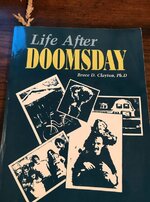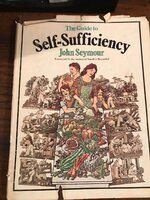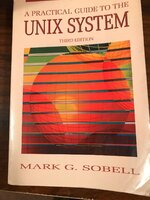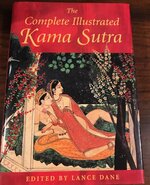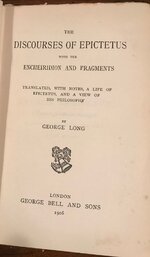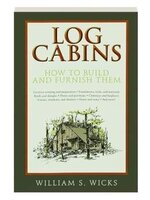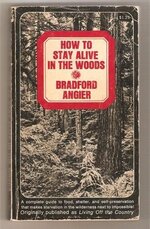Staff Member
Gold Lifetime
- Messages
- 21,834
- Reactions
- 63,223
So, this evening, the family cavorted outside. The rather sexy wife put together a hammock for yours-truly (my first ever) and the little Potatoes flitted about. As the smaller people engaged in said, I thumbed through a classic — Life After Doomsday* (1980) by Dr. Bruce Clayton. It is fantastic, academic work on surviving the sum of all fears — nuclear exchange between major powers. Some years back, I had the pleasure of corresponding with the good doctor via email and found him to be a gentleman and a scholar, and no less concerned with survival, even in his advanced years.
Anyway, whilst thumbing through the tome, I happened upon a very interesting idea for preparing for the end of the world. Reproduced below:

* This one:

Anyway, whilst thumbing through the tome, I happened upon a very interesting idea for preparing for the end of the world. Reproduced below:
This is the final chapter of Life After Doomsday, and before closing I would like to discuss two subjects which didn't quite fit anywhere else in the book. The first is what I call the Leibowitz project; the second is the problem of finding a solution to the arms race. There is a recurrent theme in survival fiction in which someone carefully selects and preserves an assortment of books intended to help civilization rebuild after the disaster. This theme appears in A Canticle for Leibowitz, Lucifer's Hammer, and The Time Machine, to name only three examples. It is also an important theme in medieval history. We are familiar with the ancient Greek and Roman classics only because the books were deliberately preserved through the Dark Ages by monks and others who recognized their worth.
The Leibowitz project is my informal attempt to see that the knowledge essential to civilization's recovery after a nuclear war will be available when it is needed. To this end I propose that you select three books as a legacy for the future. The first two books should be a reference book and a textbook relating to your profession; that way you can pass on the knowledge of the field you know best. The third book might be anything. It could be a book about history, art, religion, science, poetry, philosophy, or even fiction. When you have selected your three books, buy a new hardback copy of each.
Treat each book with insecticide, wrap it in several layers of plastic and foil, and seal it airtight. Label the package well. Then store it in a safe place. Maybe, someday, we'll all be glad you did.
With those parameters, what would be your:The Leibowitz project is my informal attempt to see that the knowledge essential to civilization's recovery after a nuclear war will be available when it is needed. To this end I propose that you select three books as a legacy for the future. The first two books should be a reference book and a textbook relating to your profession; that way you can pass on the knowledge of the field you know best. The third book might be anything. It could be a book about history, art, religion, science, poetry, philosophy, or even fiction. When you have selected your three books, buy a new hardback copy of each.
Treat each book with insecticide, wrap it in several layers of plastic and foil, and seal it airtight. Label the package well. Then store it in a safe place. Maybe, someday, we'll all be glad you did.
- Reference book.
- Textbook related to your profession.
- Your third "anything" book.
* This one:
